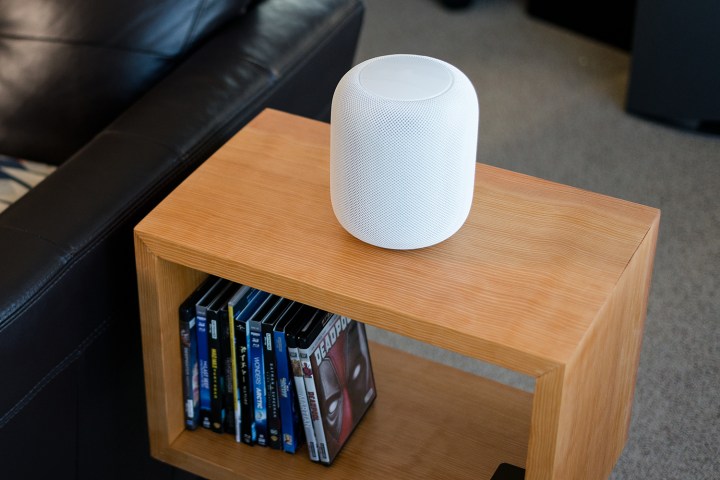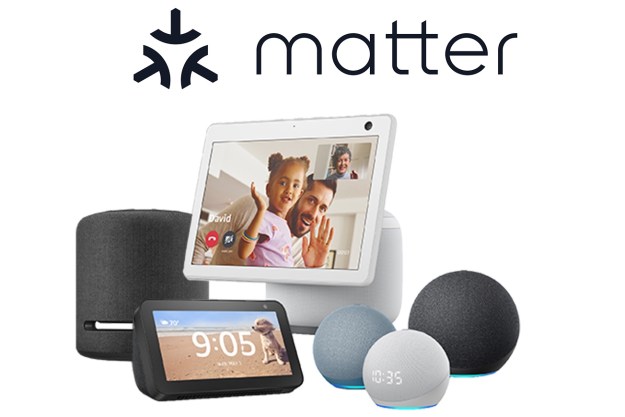Apple made waves at CES 2019 by placing a billboard outside the Las Vegas Convention Center that needled its competitors over user privacy. This year, the company will have an official presence, with Jane Horvath, its senior director of global privacy, set to appear January 9 on a panel called the Chief Privacy Officer Roundtable. The company will show off its HomeKit smart home platform during CES.
Horvath will likely argue for increased privacy protections. The roundtable will also feature executives from Facebook and Procter & Gamble, as well as a Federal Trade Commission member. Whereas companies like Facebook and Proctor & Gamble both have much to gain from collecting detailed information for advertising purposes, Apple’s taken a completely different stance — and that’s because it has less to lose.
Taking a stand
Apple doesn’t rely on advertising revenue to run its business, as hardware and services are its bread-and-butter. It also forbids third parties from collecting data on its users without consent and gathers information anonymously without linking it to a specific person or account.
The company is doing the same with its HomeKit too, most recently with the HomeKit Secure Video API, which allows for processing of images and video to occur locally rather than in the cloud. The API also allows for up to 10 days of stored and encrypted video on a user’s iCloud account, which is only viewable by the camera owner.

Few brands have signed on so far to build cameras for the platform. We’ve also heard from third-party smart home device manufacturers that HomeKit security and privacy requirements are much stricter than other platforms, which may dissuade some from developing for HomeKit at all — especially if they have an interest in the data that might be collected as a result.
Regardless, Apple’s continuing public push for better privacy protections — up to and including more regulation — is welcome.
Data collection, the next big gold rush

Big data will rule the 2020s. With an increasing desire among technology manufacturers to develop more personalized experiences, this data collection is becoming exponentially more valuable. Some companies saw this future need years ago and invested in data collection throughout much of the 2010s. Companies like Google and Facebook have amassed massive amounts of data on their users, making them high-value targets for enterprising hackers.
To its credit, Apple has separated the user from his or her data. Where possible, security keys are stored on the device only, and if data is collected and sent on to Apple, it’s assigned a random identifier that can’t be traced back to the owner — and only if the user consents to it. Most other smart home companies, while perhaps not necessarily peering through the content of your data, are at least collecting information about it.
Most argue that this is to help deliver a more “personalized experience,” and that they don’t “sell” your data to others. But this data sits somewhere, and through the ever-increasing number of data breaches, we’re discovering they’re not doing that great of a job of keeping it safe.
Controlling the narrative
This is why Apple’s presence at CES does make sense. While it might not be there to show off new gadgets (we’re essentially midcycle when it comes to the company’s products), it is hoping exert influence. Apple wants to be part of the conversation when it comes to user privacy, and that’s great.
What is unknown is whether or not Apple can control the narrative. By and large, HomeKit lags competitors by a massive margin. Amazon Echo devices account for seven of every 10 smart speakers in use in the U.S., with Google Home devices making up most of the remainder of the market. Apple’s HomePod make up less than one out of every 20 smart speakers in use.

While the large install base of iPhones also has access to HomeKit via Siri, usage of Google Assistant and Alexa is still exponentially larger. The stranglehold that Amazon and Google have on the market is much of the reason why Microsoft has focused its efforts with its Cortana virtual assistant primarily on non-smart home uses, and why some think that Apple’s best option is to focus its efforts on other, more successful aspects of its business.
Feet to the fire
So, is anyone really willing to listen to Apple? That’s debatable. But as long as the company is willing to publicly pressure the industry into taking user privacy more seriously, it’s a step in the right direction.
Apple doesn’t need to participate in the circus that is CES. But it does need to help put the brakes on an industry that seems increasingly interested in collecting vast amounts of data on our digital lives without being as interested (or at least as focused) on protecting that data from bad actors.
Let’s hope for all our sake that it keeps the pressure on.
Editors' Recommendations
- Baracoda shows off first smart mirror for mental wellness at CES 2024
- New Yale Assure Lock 2 models get fingerprint scanner, support for Apple Home keys
- 6 things you didn’t know Apple Homekit could do
- The future of Matter in 2023
- HomeKit Secure Video: Why it’s great and why you should use it


